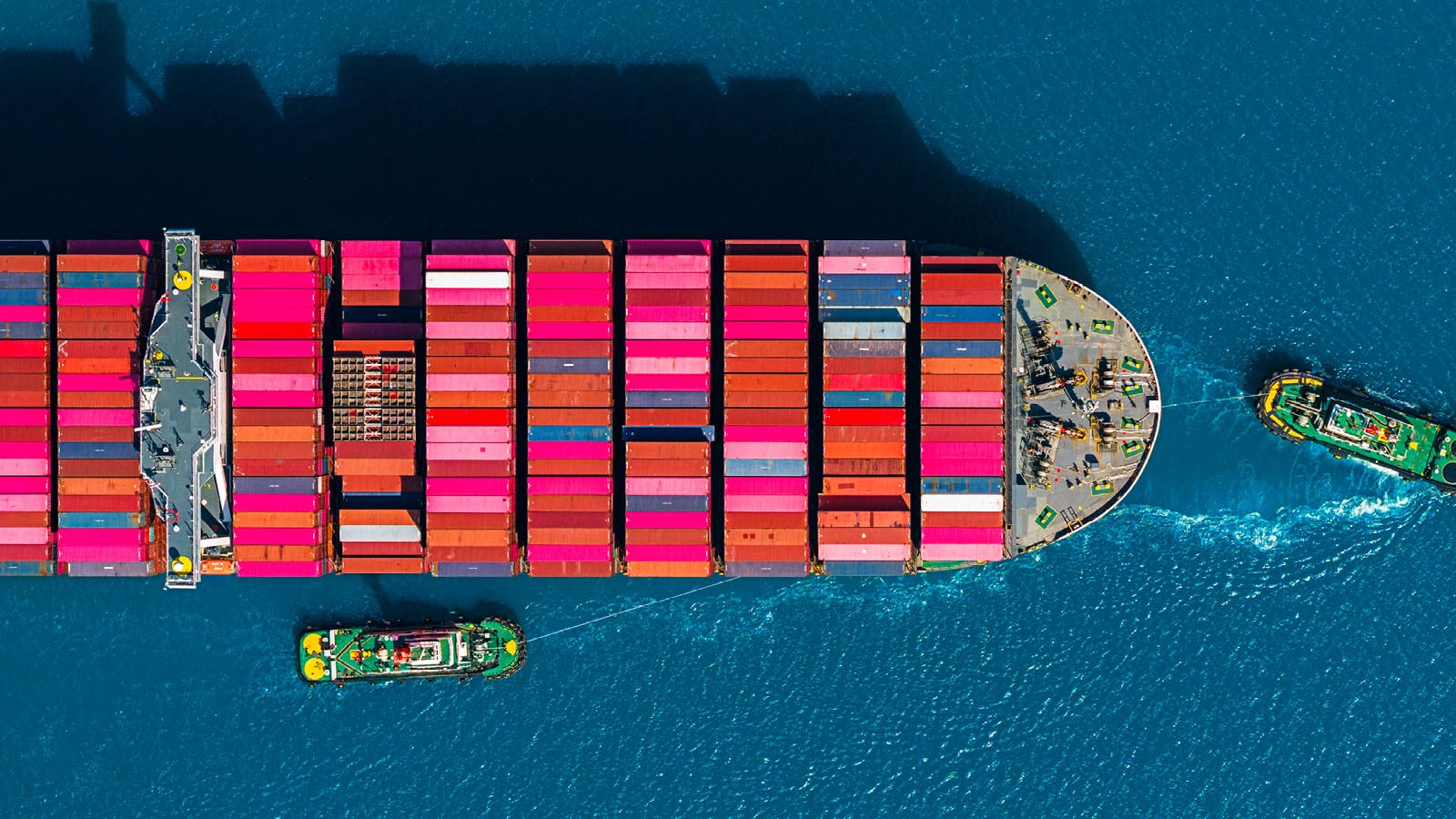“For years, import duties were reduced globally,” says Claudia Buysing Damsté, a specialist in customs, international trade and sustainable supply chains. “But that era has truly ended due to rising trade costs from the United States. In addition to increasing costs, the moment at which applicable tariffs are determined has shifted significantly. Only once goods reach customs can the exact import duties be confirmed.”
Sustainability legislation is another major contributor to the growing complexity. “Sustainability laws are rapidly evolving, so continuous attention is needed to remain compliant. EU and US regulations now require companies to collect various types of data for imports and ensure compliance across often complex supply chains. The complexity and failure to meet these requirements affect and threaten global trade flows,” Buysing Damsté explains.
Collaboration with the WEF
Together with the World Economic Forum (WEF), Buysing Damsté co-authored the whitepaper Trade Compliance for Leadership: Navigating a Shifting Global Landscape. The significantly increased financial impact of international trade rules prompted PwC to collaborate with the WEF on this publication. The whitepaper draws on insights from leading international companies via the WEF’s Trade Compliance Practitioners Group and professionals in PwC’s global network of customs specialists. This practical guide offers background and actions to build a more resilient and future-proof trade function.
Involving employees at an early stage
One of the recommended actions is to restore strategic importance to international trade management and embed it across all business functions. Buysing Damsté observes that many companies are caught off guard by the growing complexity. “As tariffs declined and global trade became freer over the past decades, many companies downsized or eliminated their customs departments, shifting responsibility to logistics and operations. As a result, problems only surface later.”
“For example, a component sourced 10% cheaper outside Europe may suddenly incur 20% higher costs at customs. And if it contains certain plastics or wood that does not meet standards, it may not even be allowed into Europe. Another real-world example is a change in international group structure that initially seems tax-efficient but ends up negating corporate tax benefits due to high import duties. These situations can be avoided if employees have strategic oversight early on and can anticipate in time,” Buysing Damsté says.
AI supports automation of fundamental tasks
A second improvement action is the use of technology. Choosing and deploying the right technological solution provides ideal support for optimisation and risk mitigation. Buysing Damsté: “Companies often work with fragmented systems and inconsistent data, which hinders real-time risk visibility. This is often linked to the organisational position of the customs function. By automating fundamental tasks, centralising data, and implementing AI-enhanced tools, trade management can proactively contribute to business continuity and strategic decision-making.”
Effectiveness must take the lead
In her conversations with businesses, Buysing Damsté often sees companies delay a strategic approach to customs because the benefits are hard to quantify in a rapidly changing world. Breaking this deadlock requires a shift in mindset: “Companies are structured lean and mean for efficiency,” Buysing Damsté notes. “But when it comes to international trade, effectiveness must take precedence again.”
“With a strategic approach based on up-to-date insight into trade rules and mature data management from procurement to sales, operational costs may rise slightly. But in the face of international legislative volatility and geopolitical tensions, the organisation can adjust quickly and often avoid unforeseen financial spikes. The impact of internal changes to production facilities, product portfolios, supply chains and group structures also becomes immediately visible—delivering instant benefits.”
Geopolitical Impact Assessment (GIA)
Everything starts with insight. Buysing Damsté advises companies to first assess the geopolitical impact on their organisation. PwC developed the Geopolitical Impact Assessment (GIA) for this purpose. “This assessment identifies key risks not only from laws and tariffs but also from other domains heavily influenced by geopolitics, such as foreign employees and assets, cyber and technology. Based on this, we can determine which areas to prioritise to become more resilient to turbulence.”
Companies can also contact PwC’s Geopolitical Services Desk to be directly connected with the right specialists for trade compliance. Buysing Damsté: “If companies are curious about how a strategic approach can strengthen their position, they are of course always welcome to contact me.
Download the report
Trade Compliance for Leadership - Navigating a Shifting Global Landscape
Contact us

















